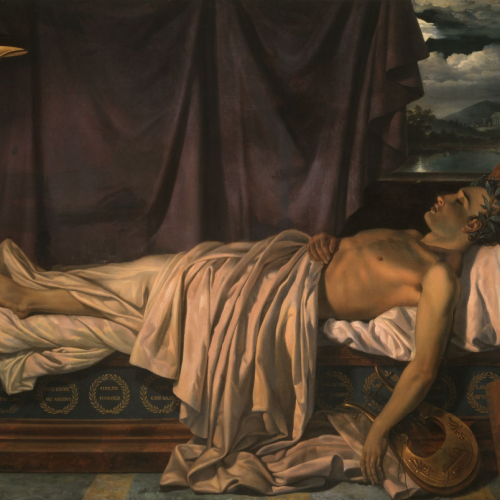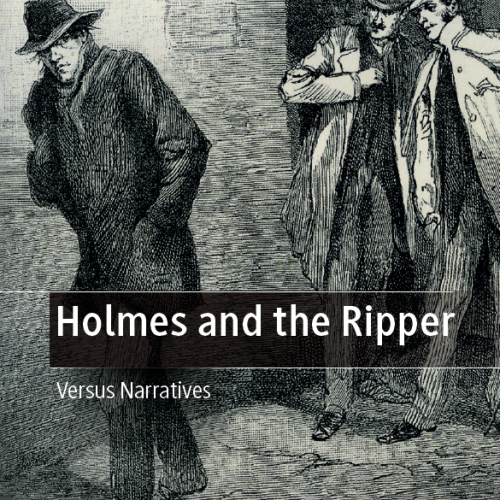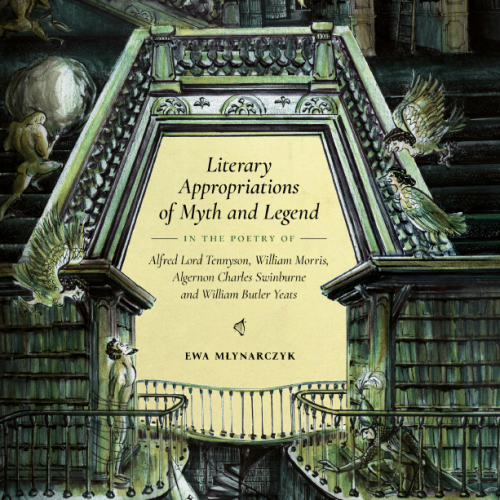Text by Sylwia Grusza

Maria Wirtemberska (1768–1854) was a pioneer in Polish literature of the first half of the 19th century. Although currently underappreciated and slightly forgotten in terms of research, Wirtemberska’s writings were widely read by her contemporaries. Guided by the notion of promoting didacticism through literary works, Wirtemberska wanted to combine the joy of reading romances with the ideals of educational prose. In fact, the author’s plan worked unexpectedly well, because, according to contemporary critics, revealing the then moral attitudes in Malvina, or the Heart’s Intuition (1816; English translation by Ursula Phillips, 2012) is one of the greatest advantages of the novel (along with the realistic portrayal of the society).
Wirtemberska’s innovative approach is also apparent in the title character – a young woman who perceives reading as a way to improve her social skills. Malvina is fascinated by literature, especially when it tells stories depicting skillful, chivalrous warriors. Sitting alone in the castle situated far away from the nearest city, Malvina perceives the act of reading as a chance to learn about other people’s behaviour, fashion and etiquette. The protagonist treats romances and The Works of Ossian as a source of knowledge about the surrounding reality, which she ’cannot explore on her own until moving to Krzewin after her husband’s death. Knowledge of literature makes the development of her own worldview possible and influences her social preferences. The figure of a reading young woman, thus far unknown in Poland, was popular especially amongst English writers of the 18th and 19th centuries (e.g. Samuel Richardson’s Pamela; or, Virtue Rewarded, Charlotte Lennox’s The Female Quixote and Jane Austen’s Northanger Abbey).
Wirtemberska’s literary achievements were not limited to writing one of the first sentimental novels in the history of Polish literature. Her artistic output also includes didactic works (Powieści wieyskie [Country Tales]) and travel notes modelled on Laurence Sterne’s (Niektóre zdarzenia, myśli i uczucia doznane za granicą [On Events, Thoughts and Feelings From Abroad]). She adopted conventions hitherto unknown to the Polish reader: Niektóre zdarzenia, myśli i uczucia doznane za granicą, reveal the Duchess’s fascination with Sterne’s A Sentimental Journey Through France and Italy – not only her attachment to the original, but also the desire to modify Sterne’s motifs, already established in European culture.
You may read more on that in my contribution to the book (Nie) zwyczajne kobiety w dziejach kultury [(Extra) Ordinary Women Throughout Culture] (2022), in which I discuss Maria Wirtemberska’s artistic profile and erudition of the author of Malvina, or the Heart’s Intuition and reflect on the comparative aspects of her literary works.



